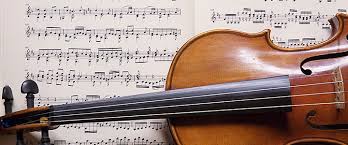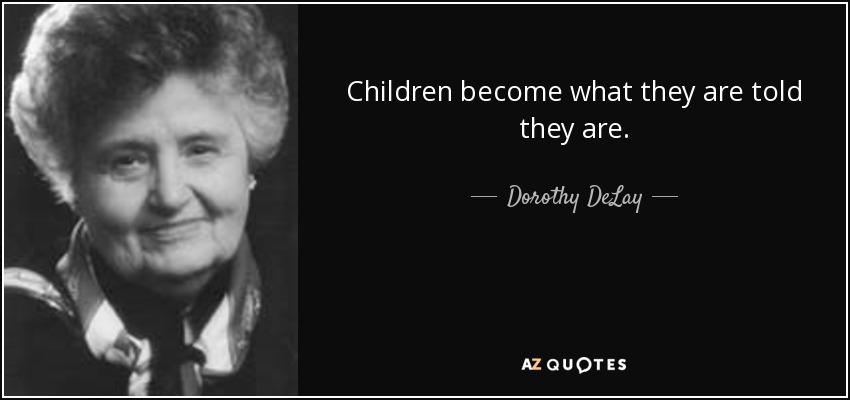
Mental Rehearsal
The renowned violinist Arnold Steinhardt has recently posted in his blog 'In the key of strawberry' an article about practicing. At some point in the article he focused on a period of his life when he experienced muscular pain. He remembered trying a number of therapies but none of them really worked. Then, he wondered what he could change in the way he played and practiced. Among other things he decided to practice fewer hours. He also thought he should practice more in his head rather than with the instrument. This approach of practicing is called ‘mental rehearsal’ and it is the focus of this article. Professors Christopher Connolly and Aaron Williamon of the Royal College of Music, London, define mental rehearsal as ‘the cognitive or imaginary rehearsal of a physical skill without overt muscular movement’.
The term ‘mental rehearsal’ or ‘mental practice’ or ‘mental imagery’ comes from the domain of sports where it has been used by athletes for years. There is a story about Bill Bowman, the coach of the famous swimmer Michael Phelps, who during practices would shout to Phelps ‘Put in the videotape’. The ‘videotape’ was nothing else but a mental visualization of the perfect race that Phelps had been preparing. Bowman cultivated in Phelps the habit to imagine the perfect race every time he woke up and before he went to bed. He would imagine the movement of his hands and his legs, the feeling of the water on his body, the walls of the pool etc. So, Phelps had a clear mental plan of how he wanted to swim and he put that plan in action in every race.
Often when we practice, we do not have a clear idea of what we want to sound like and we are not really aware of the exact movements our hands make. This results in mechanical practicing where we repeat the same mistakes without being able to solve them. The great advantage of mental rehearsal is that practicing initiates in the mind, not the hands. With mental practice we can identify the reason behind a technical problem and find the solution faster and more efficiently. Mental rehearsal needs to be very clear and detailed. An instrumentalist should create detailed mental images of their movements, the acoustic outcome, the physical feeling and every other little aspect that consists one’s playing. Let’s use bow distribution as an example. We have to ‘see’ in our mind at which part of the bow we will start a phrase, how much bow we will use in every note, and how the feeling of pressing the bow changes during the phrase. In the beginning it is difficult to assemble such a detailed mental picture but with practice it becomes a lot easier. Mental practice like normal practice needs to be applied on a regular basis in order to be really effective.
Some of the benefits of mental practice are the following:
- It improves learning and memorisation;
- It makes practice more efficient;
- It helps to overcome technical difficulties;
- It heightens sensory awareness;
- It helps the performer to refocus attention during performance;
- It enhances general confidence and resilience on stage;
- It helps the performer to achieve greater control over negative emotions;
- It enhances the performer’s ability to establish greater connection with an audience; and it
- helps the performer to achieve peak performance.
Mental practice can be a good alternative to normal practice in case it is late hours; if there is no available space for practicing, or when the musician feels physical fatigue or muscular pain. Furthermore, it can be very useful during an orchestral rehearsal when normal practice is not possible because a different section in the orchestra is rehearsing at that moment.
Maybe someone would argue that if a performer plans their playing in this tiniest detail then they might be restricted by their plan and lose the spontaneity that is so vital in a live performance. I believe that the opposite is true. Mental practice enhances spontaneity because it creates a solid foundation that liberates the performer.
For further personal research on the subject I suggest that you read an article by the renowned violinist and pedagogue Simon Fischer, in which he describes a case study of mental practice using the opening of Mozart’s fourth violin concerto in great detail.
I strongly recommend that you give mental rehearsal a try and I look forward to receiving your comments.



